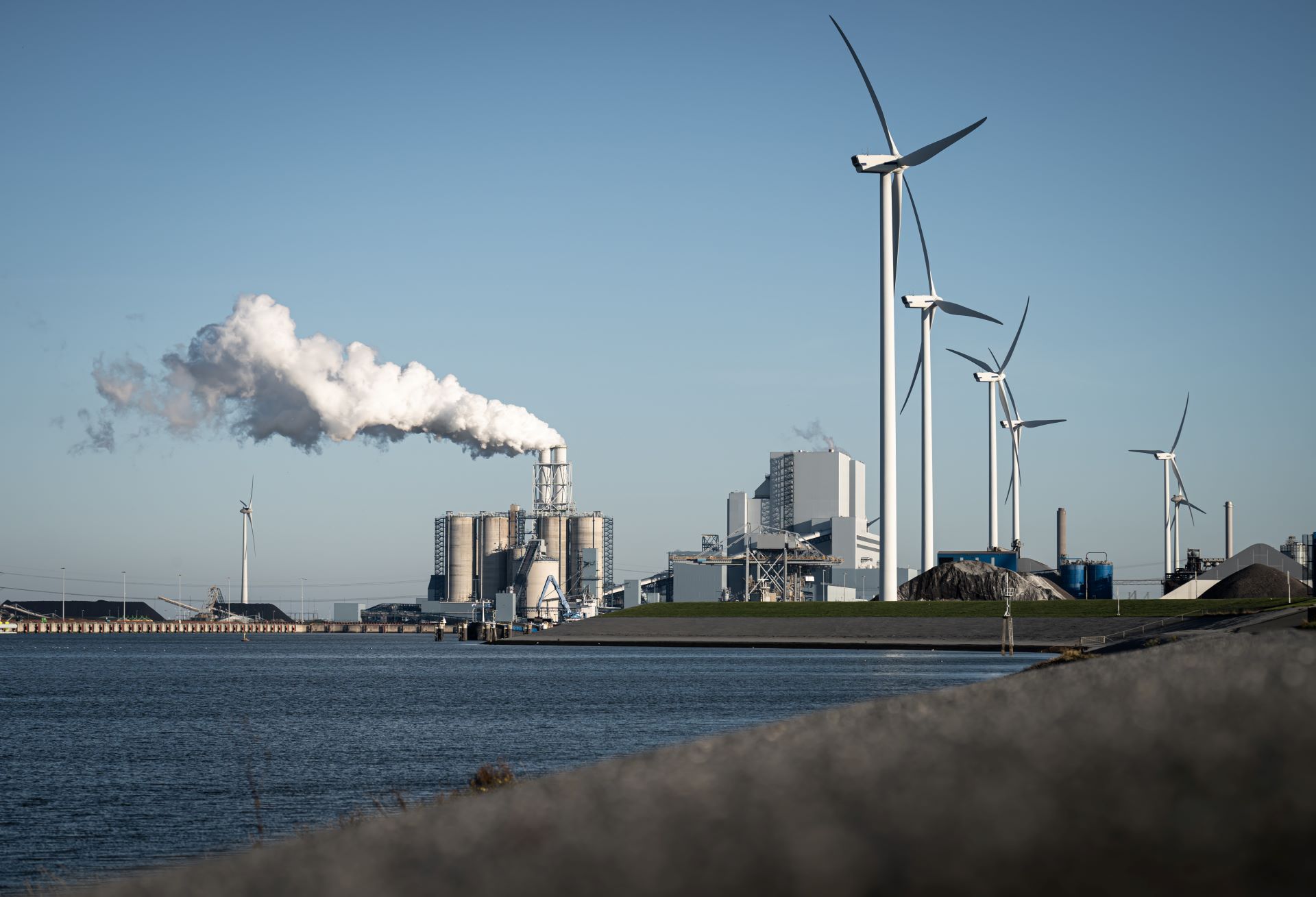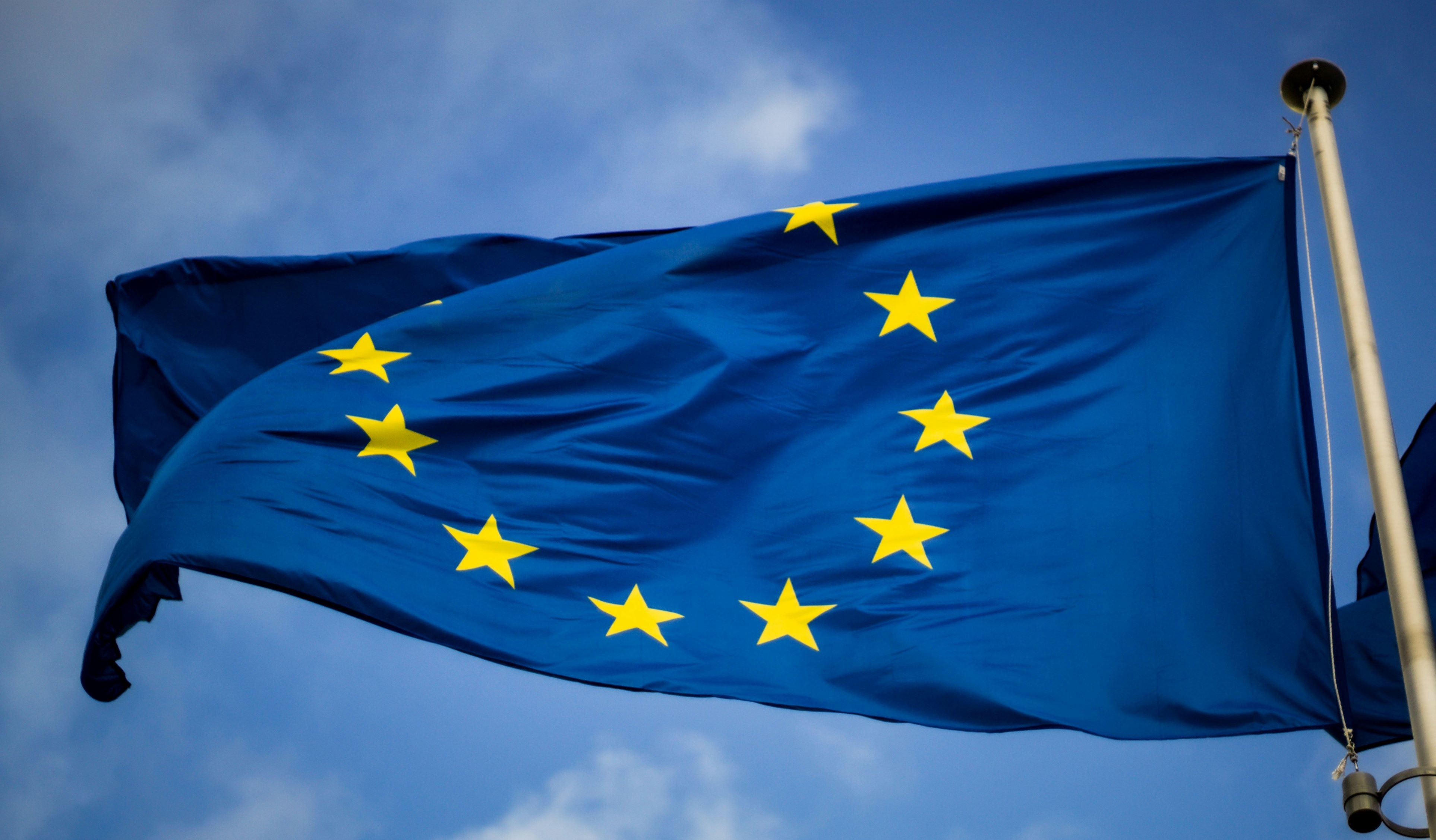- MEPs vote on critical Net Zero Industry Act on 20 November, determining future of cleantech sector.
- Risk of unequal cleantech development within Europe if public funding for green innovation is not shared across EU, says new briefing. Funding could “supercharge” EU share of $650bn market.
- Plentiful research into green technologies across the continent not matched by patent applications. European Climate Neutrality Observatory’s (ECNO) flagship report, found pace of progress in cleantech too slow to meet EU net zero targets.
The EU should urgently invest in clean technology like battery manufacturing, heat pumps and low-carbon steel if it is to successfully deploy the solutions needed to reach its net zero climate targets and build a globally competitive green industry, according to a new briefing by the European Climate Neutrality Observatory (ECNO).
The new briefing by ECNO suggests that public financing can “supercharge EU cleantech ambition” by both filling the funding gaps cleantech innovators face through the technology development cycle, and in “de-risking investments to crowd-in more private capital.”
But while countries including France and Germany have been able to introduce tax credits for cleantech innovation, less wealthy countries within the bloc lack the flexibility and resources in government spending to be able to do so, and risk being left behind.
With MEPs set to vote on the Net Zero Industry Act (NZIA) on 20 November, ECNO points to the need for a European investment response to avoid a cleantech divide. In a new ECNO briefing, Is European Cleantech On Track For Net Zero?, the observatory notes that: “This is where European-level support is vital. The EU already has some powerful tools at its disposal, from the EU Innovation Fund to EIB mechanisms such as venture debt.






